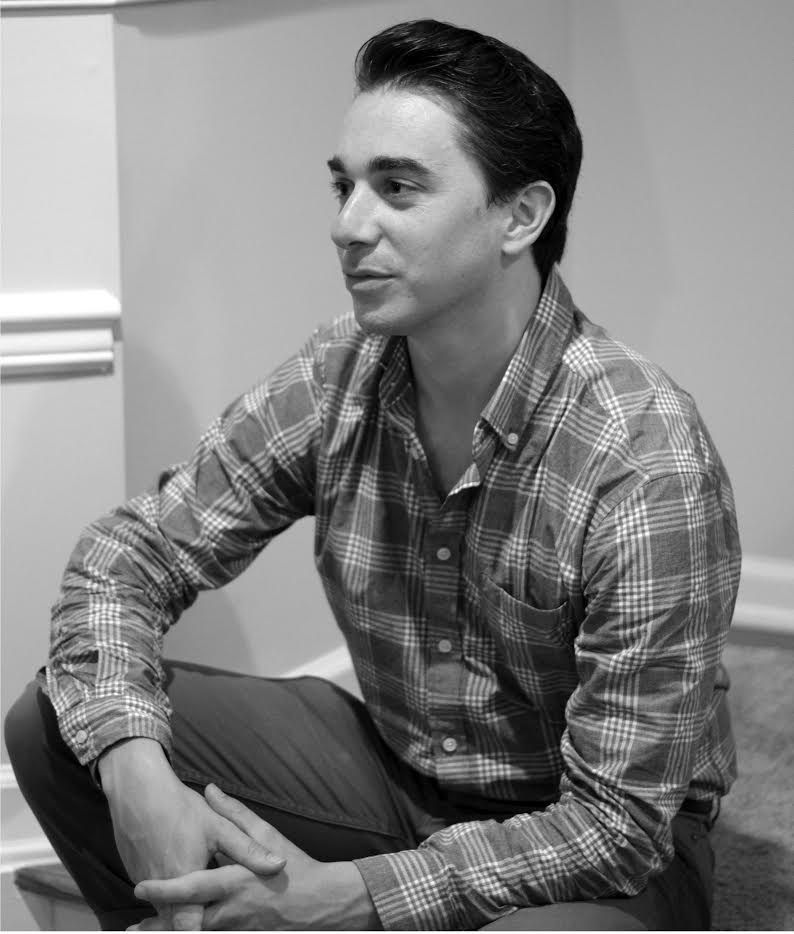|
Hermitage
It’s true there were times when it was too much
and I slipped off in the first light or its last hour
and drove up through the crooked way of the valley
and swam out to those ruins on an island.
Blackbirds were the only music in the spruces,
and the stars, as they faded out, offered themselves to me
like glasses of water ringing by the empty linens of the dead.
When Delilah watched the dark hair of her lover
tumble, she did not shatter. When Abraham
relented, he did not relent.
Still, I would tell you of the humbling and the waking.
I would tell you of the wild hours of surrender,
when the river stripped the cove’s stones
from the margin and the blackbirds built
their strict songs in the high
pines, when the great nests swayed the lattice
of the branches, the moon’s brute music
touching them with fire.
And you, there, stranger in the sway
of it, what would you have done
there, in the ruins, when they rose
from you, when the burning wings
ascended, when the old ghosts
shook the music from your branches and the great lie
of your one sweet life was lifted?
Published in Academy of American Poets' poem-a-day program
Broncos
I have driven all night to scatter the ashes
among them.
No moon. Few stars. No river.
What keeps us is what flees from us
most swiftly,
and when the first of the heavy breathings
enters, it lets me stroke
the scent from out its salted
hair—pine sap, onion grasses, censer.
It has run itself through sweetest
thorn, through
briar, its dim blaze
like a lantern in a child’s hand.
No moon. Few stars. No river.
The geldings smell of cinnamon
and clover.
The starlings take
this dark barn
to its rafters, wild
to drive out
raptor, towhee, wren.
Come, I could take you there, this hour:
where the moon
is new, where the early owl
calls her,
where I’ve stood
and let the wild sorrow
enter-
not the thin,
blind crying of a child, but slow
at first, then steady
as the wind is: the blankness
of a stranger
among creatures,
a blind man who has lived out
half his hours,
who is no one
before the coming dusks
of summer,
and who stands
among the thundering
of trouble,
where the wild-
eyed world in roan and
coal and stumbling
has come with such a wild
joy in its body
that it takes no
chains and will not come again.
Published in "Thrush"
Testimony
If tonight the moon should arrive like a lost guide
crossing the fields with a bitter lantern in her hand,
her irides blind, her dresses wild, lie down and listen to her
find you; lie down and listen to the body become
the promise of no other, the sleeper in the garden
in its own arms, the exile in its own autumnal house.
You have woken. But no one has woken. You are changed,
but the light of change is bitter, the changing
is the threshold into winter. Traveler, rememberer, sleeper,
tonight, as you slumber where the dead are, if the moon’s hands
should discover you through fire, lie down
and listen to her hold you, the moon who has been away
so long now, the lost moon with her silver lips
and whisper, her body half in winter,
half in wool. Look at her, look at her, that drifter.
And if no one, if nothing comes to know you, if no song
comes to prove it isn’t over, tell yourself, in the moon’s
arms, she is no one; tell yourself, as you lose
love, it is after, that you alone are the bearer
in that changed place, you alone who have woken, and have
opened, you alone who can so love
what you are now and the vanishing that carries it away.
Published in Academy of American Poets' poem-a-day program
|

|